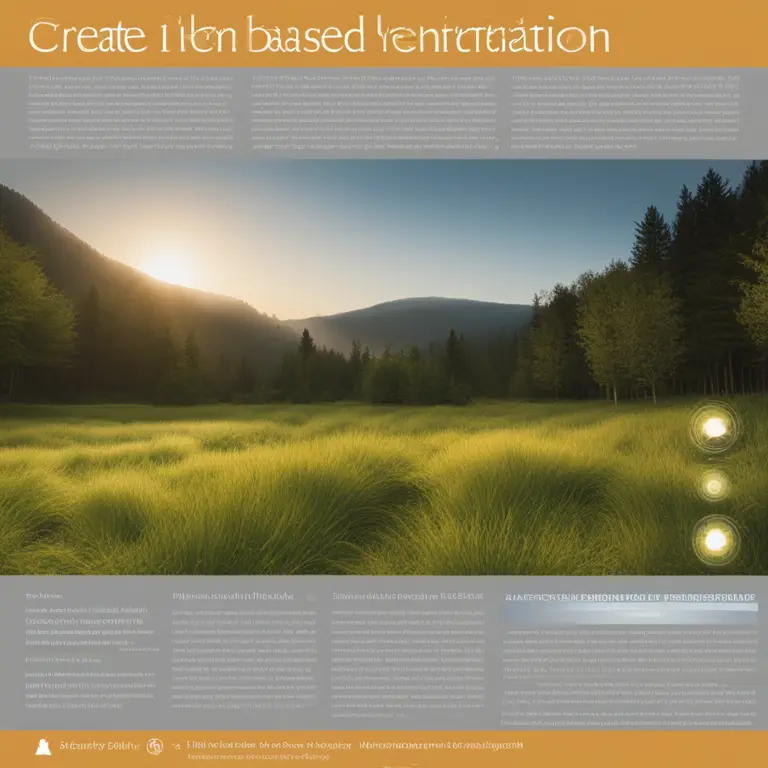
The Complete Guide to Meditation Practices
Your concise primer on meditation, covering techniques, benefits, and insights for tranquility in 2024 and beyond.
article by Hina Kurosawa
Introduction to Meditation
The practice of meditation has traversed the corridors of time, emerging as a robust tool for mental tranquility and self-awareness. It is a deliberate effort to train the mind, cultivating an enhanced state of consciousness and focus. With the contemporary fast pace of life, meditation is more pertinent than ever, offering an oasis of calm in the desert of constant stimuli. As we embrace this age-old tradition, we intertwine the wisdom of ancients with modern understanding, creating a harmonious approach to well-being.

The Essence of Meditation
At its core, meditation is an exercise in mindfulness and concentration. Practices may vary from mindfulness meditation, which emphasizes open awareness without judgment, to concentrative techniques, where the focus is narrowed to a thought, object, or breath. The essence lies in the consistent redirection of attention when the mind wanders, a discipline that refines our capacity to focus and dwell in the present moment.

Modern Meditation Techniques
As we move through 2024, meditation techniques continue to evolve. Digital platforms are offering virtual reality meditations, providing immersive experiences that can guide users into deeper states of relaxation. Additionally, sound healing practices using binaural beats have become increasingly popular, claiming to enhance mental clarity and reduce stress by synchronizing brain waves to specific frequencies.

Scientific Backing and Benefits
Contemporary research upholds meditation as an effective means to reduce stress and anxiety. Regular practice has been linked to lowering blood pressure, enhancing emotional health, and bolstering the immune system. Neuroscientists have demystified the meditation process, illustrating changes in the brain structures associated with memory, empathy, and stress—all indicating long-term positive impacts on overall health.

Starting Your Meditation Journey
Embarking on meditation requires no special equipment—just a few uninterrupted minutes and an open mind. Beginners are advised to start with brief sessions of 5 to 10 minutes, gradually increasing duration over time. The key is consistency, as the benefits of meditation accrue with regular practice. Various apps and online resources now offer guided sessions, making it easier to start and maintain a meditation routine.
Overcoming Common Challenges
Newcomers to meditation often confront hurdles such as restlessness and skepticism regarding its efficacy. It's essential to approach meditation with patience and without expectation of immediate results. The journey is personal and unique; thus, comparing one’s experiences with another’s is futile. If difficulties persist, seeking guidance from a meditation teacher or community can provide support and insight.
Meditation in Daily Life
Meditation is not confined to a specific schedule or location; it can be woven into daily life. Mindfulness can be practiced while engaged in any activity, from eating to walking. The idea is to promote a meditative state throughout the day, integrating the principles of presence and awareness into every action, thereby imbuing life with a sense of calm and intentionality.
Published: 1/24/2024
Modified: 1/24/2024
More predictions
Come back here soon to learn more about yourself and your future


Simple Guide to Meditation Practices
Meditation made easy for beginners – discover simple techniques to start your mindfulness journey.


Soothing Sleep-inducing Meditation Techniques
Discover effective sleep-inducing meditation strategies in this enlightening article. Learn to drift into deep, restful slumber with ease.